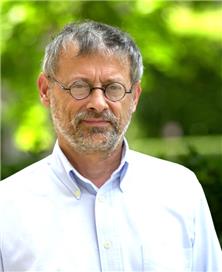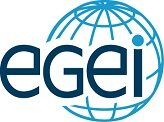The Erasmus Mundus Joint Master Degree EGEI in its current form is the result of more than 25 years of history. We build on the work and dedication of many friends and colleagues who started in 1994 with the Advanced Master Economics of International Trade and European Integration (EITEI). At that time our programme,
The Erasmus Mundus Joint Master Degree EGEI in its current form is the result of more than 25 years of history. We build on the work and dedication of many friends and colleagues who started in 1994 with the Advanced Master Economics of International Trade and European Integration (EITEI). At that time our programme, created by a Consortium of 6 European Universities in a context of transition in Central Europe and increasing European integration, was a pioneristic adventure, one of the first European experience of Joint University Degrees.
The driving force in the foundation process of the progamme was (late) Wim Meeusen, full professor of economics at the University of Antwerp.

Wim Meeusen
The credit crunch of 2008 and the ensuing global economic crisis have shown that the effects of globalisation are far-reaching; moreover, the ascent of the BRIC countries (Brazil, Russia, India and China) has been inexorable. This new context led the consortium to reorient the content of the programme toward the economic analysis of global issues, which explains the adoption of the new name. At the same time, the consortium enlarged itself with two new partners located in the BRIC countries: China and Brazil.
In 2006 the Advanced Master EITEI acquired the status of Erasmus Mundus Master Course (EMMC) for a period of five academic years. In 2013 the EGEI programme successfully renewed its Erasmus Mundus status, again for a period of five academic years. In 2020 the programme became even more ambitious and was transformed in a 2-year Master Course and was once more awarded the prestigious recognition of Erasmus Mundus status. The academic year 2021-2022 will be the first of this new structure.
Part of the European university members of the consortium have been organising the programme since the academic year 1994-1995 in a practically unchanged composition. The two non-European partners, Xiamen University (China) and Universidad Tecnica Federico Santa Maria (Chile), who joined the consortium respectively in 2011 and 2020, have strengthened the academic relevance of the consortium in view of the emphasis shift towards globalisation issues. The Consortium has also been enlarged to one of the most well-known European Think-Thanks, CEPS, a leading research centre on European Economics ad Politics.
Another fundamental strenght of the programme, the result of its long history, is an extensive network of EGEI alumni who occupy leading professional positions in International Organizations, Public and Private organizations all over the planet.
